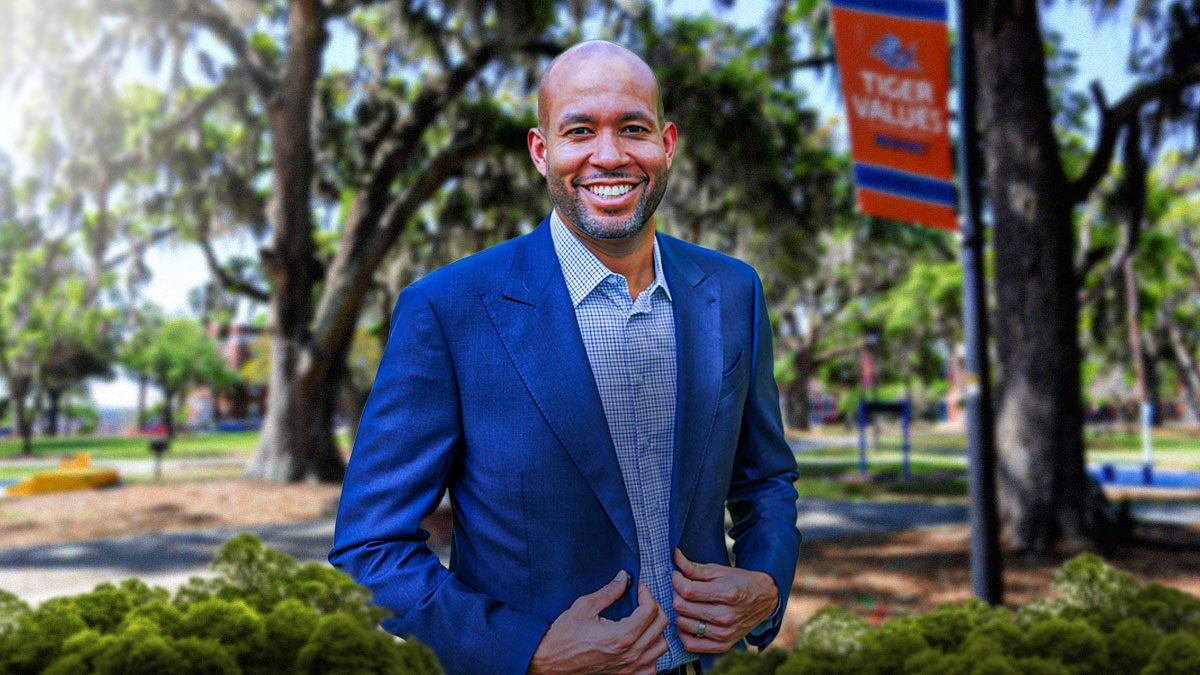In light of the most recent round of federal funding cuts, Florida A&M University's pharmacy school is seeking far more help than normal at this year's FAMU Day of Giving after a $16.3 million grant was terminated. However, the university is attempting to recoup the money.
The multi-million-dollar grant from the National Institutes of Health (NIH) was canceled on March 21, according to a letter sent on Monday by Seth Ablordeppey, interim dean of FAMU's College of Pharmacy and Pharmaceutical Sciences, Institute of Public Health, ahead of the annual fundraising event.
The grant, which funded FAMU's Research Centers in Minority Institutions (RCMI) program and the pharmacy school, was terminated after being renewed last year for a nearly five-year term that would have expired in March 2029.
“Your continuous support has become even more crucial than ever,” Ablordeppey said in his message to alumni, faculty, and staff. “Your contributions will directly impact our learners by providing scholarships that support many first-generation college students and provide basic support for everyday necessities previously supported by grants.”
The $16.3 million funding cut coincides with President Donald Trump's efforts to clamp down on federal spending following the issuance of executive orders that include a number of changes to the government. These efforts, which included “Ending Radical and Wasteful Government DEI Programs and Preferencing,” also included the original threat of completely suspending federal funding.
Interim President Timothy Beard commented on the matter, stating, “The university is “in the process of appealing the decision to keep the program funded.”
As a congressionally mandated program to help minority colleges, the RCMI program was created in 1985 under FAMU's pharmacy school through an NIH grant, the university claims. NIH's National Institute on Minority Health and Health Disparities became the program's new home in 2012.
“The funding was awarded to support new faculty hires and enhanced research in key areas such as artificial intelligence, bioinformatics, and cancer biology,” Beard said in a statement sent to the Tallahassee Democrat Tuesday. “For nearly 40 years, faculty and graduate students have relied on this center to conduct biomedical and health research.”




















